Description
The AIMEQUIP packaged treatment plant is specifically designed to process domestic wastewater or landfill leachate with high levels of organic pollutants, such as hard degraded macromolecular organisms, biotoxic heavy metal ions and organic matter, high concentrations of organic matter and ammonia nitrogen, and high chroma.
The treatment process for landfill leachate concentration involves several steps. First, an advanced oxidation process is utilized, followed by a biochemical treatment process. Finally, the treated water is discharged.
The primary function of the advanced oxidation process is to remove hard-degraded organics, decrease COD and BOD values, and improve biodegradability. This process is equipped with a flocculation and clarifier system, as well as a Fenton reactor.
The biochemical process utilizes the activated sludge method to consume residual COD, ammonia nitrogen, and other contaminants.
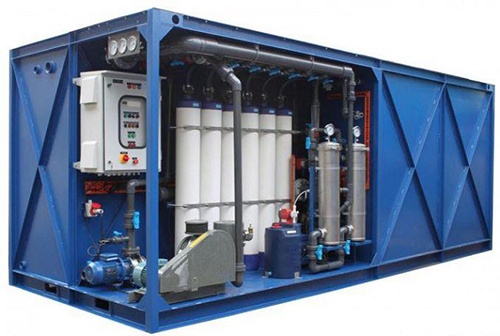
The Packaged Treatment Plant Advantages
Compact Design
Packaged treatment plants are designed to be compact and modular, making them suitable for installations in locations with limited space or where a smaller footprint is essential.
Quick Deployment
These plants can be rapidly deployed, reducing the time required for planning, design, and construction compared to traditional treatment plants. This is advantageous in situations where a rapid solution is needed.
Ease of Installation
The prefabricated nature of packaged treatment plants simplifies the installation process. Components are pre-assembled, minimizing on-site construction work and reducing the need for skilled labor.
Scalability
Packaged treatment plants are often designed to be scalable, allowing for easy expansion or downsizing based on changing treatment needs or population growth.
Cost-Effective
Due to their modular design and reduced construction time, packaged treatment plants can offer cost savings in terms of both initial capital costs and overall project costs.
Quality Control
Fabrication of components in a controlled factory environment enhances quality control and ensures that each unit meets specified standards, resulting in a more reliable and consistent performance.
Reduced Environmental Impact
Prefabricated treatment plants can contribute to a reduced environmental impact by minimizing on-site construction activities, noise, and disturbance to the surrounding environment.
Flexibility
Packaged treatment plants can be designed for a variety of treatment processes, allowing flexibility in addressing different wastewater characteristics and contaminants.
Mobility
Some packaged treatment plants are designed to be mobile, providing a solution for temporary or emergency treatment needs, as well as applications in remote or isolated areas.
Remote Monitoring and Control
Many packaged treatment plants are equipped with advanced monitoring and control systems, allowing for remote monitoring and operation, reducing the need for on-site personnel.
Compliance with Standards
Prefabricated treatment plants are typically designed to meet or exceed regulatory standards and environmental requirements, ensuring compliance with local regulations.
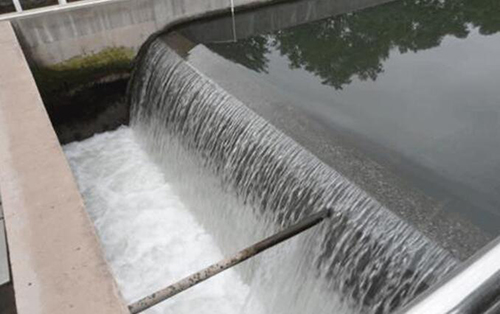
The Packaged Treatment Plant Features
- High effluent quality that can easily meet various discharge standards
- A reliable treatment process with strong impact resistance and stable working performance
- High flexibility to handle many types of wastewater such as paper mill effluent and landfill leachate
- No introduction of secondary pollutants
- A small footprint with outdoor installation and simple execution

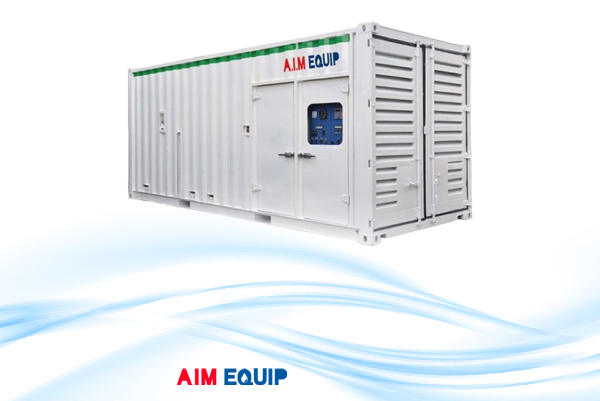
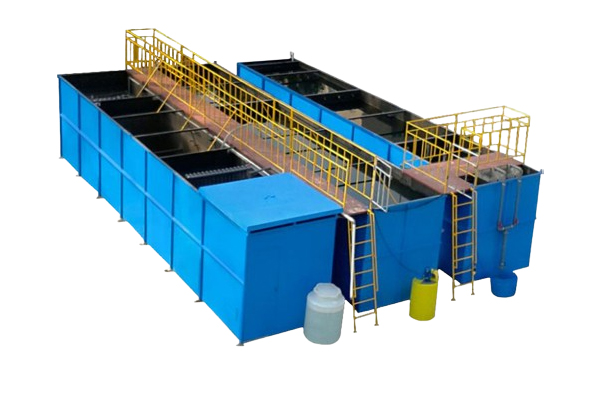
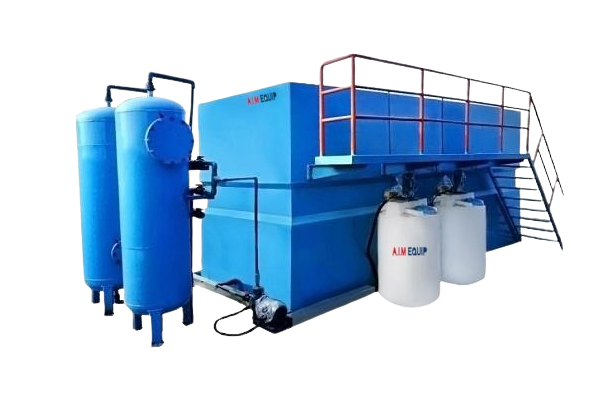

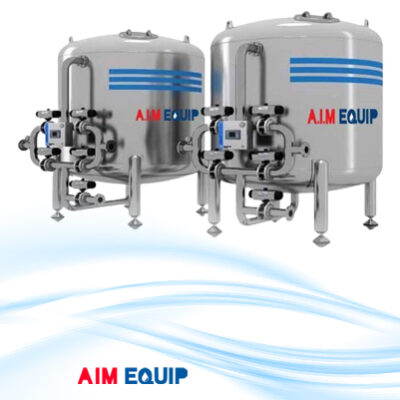
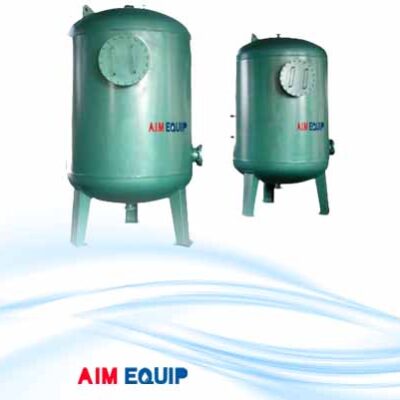

Reviews
There are no reviews yet.